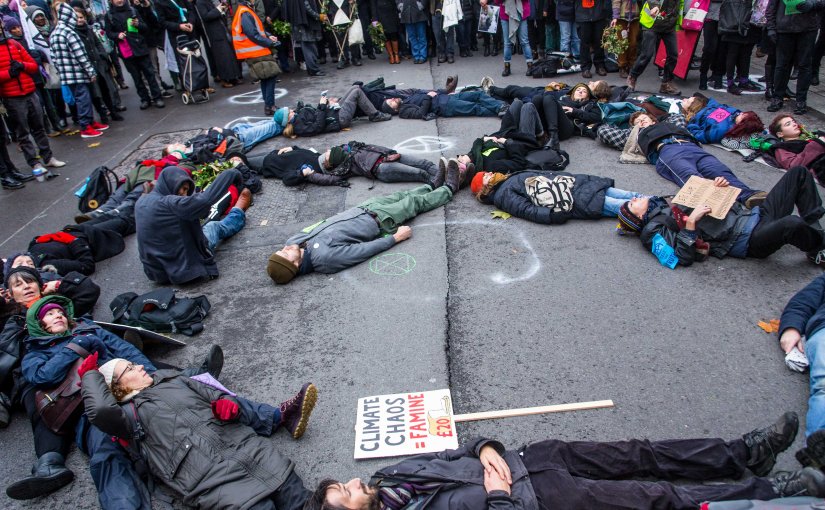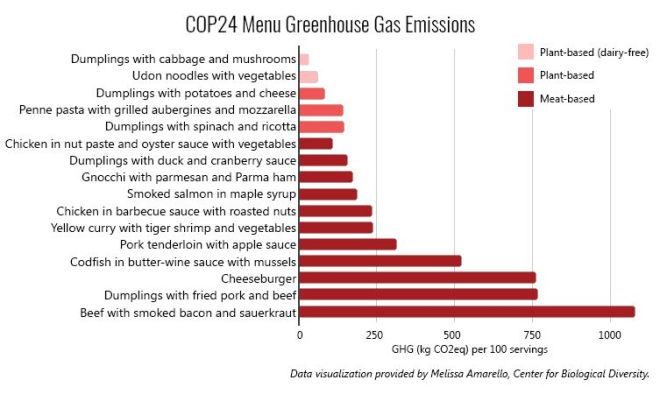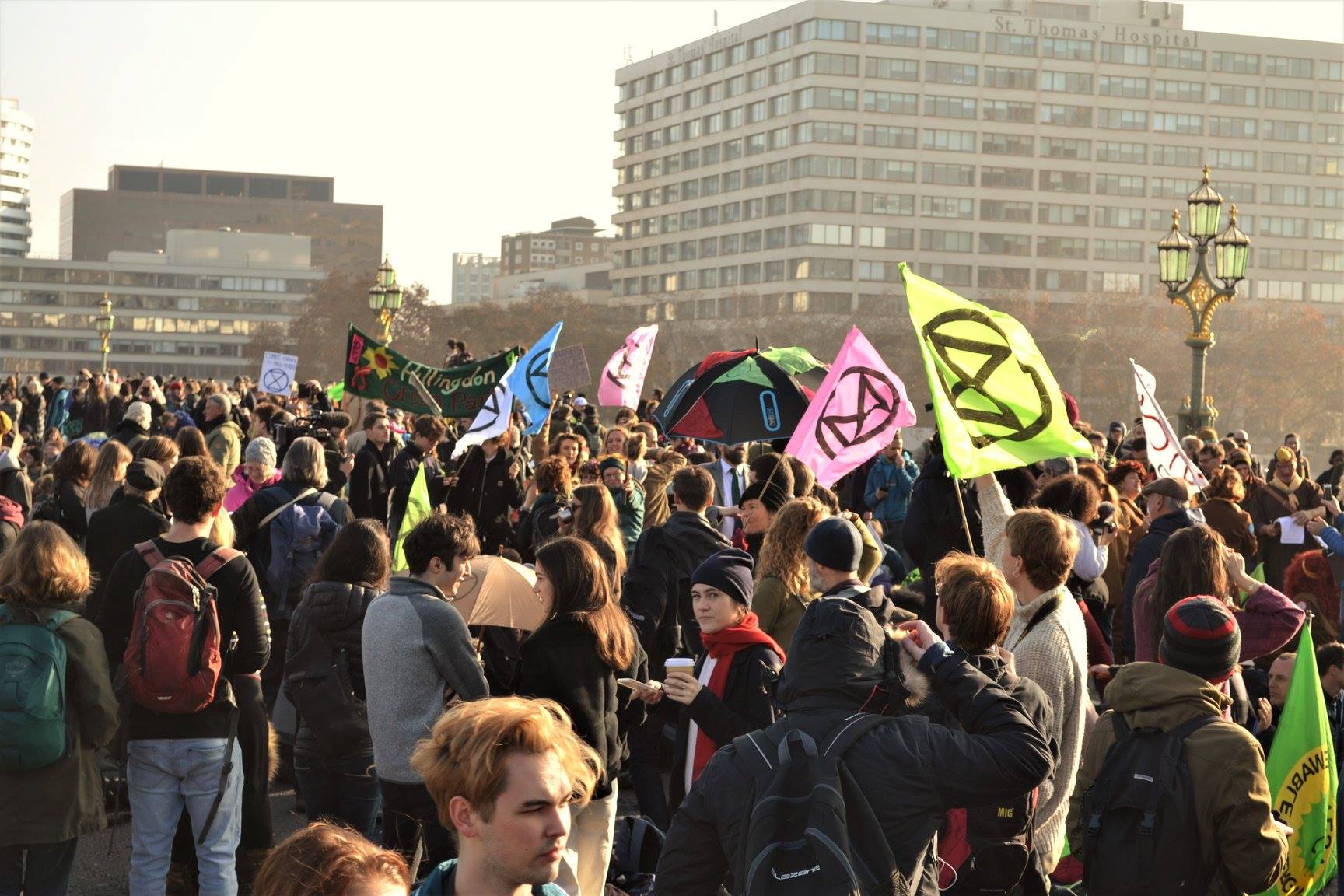On Friday, schools across the UK noted a significant drop in pupil numbers. Those pupils were out on the streets protesting against the ineffectual governmental action on climate change.
When Christiana Figueres, the former UN climate chief, said it was “time to heed the deeply moving voice of youth”, she couldn’t have been more correct. To see the youth of this country understand the issue and the drastic action needed to be taken better than those in charge, is both inspiring and shocking.
With at least 60 protests occurring from Glasgow to London, it is estimated that more than 10,000 pupils left their scheduled lessons to protest against the mounting ecological crisis, with some even being threatened with punishments of detention and suspension.
“The size of the Youth Strike 4 Climate is testament to the passion and awareness among young people that we need to fight for a future that simply doesn’t exist because we’ve been betrayed by the inaction of those in positions of power.” said Jake Woodier, a member of the UK Youth Climate Coalition.
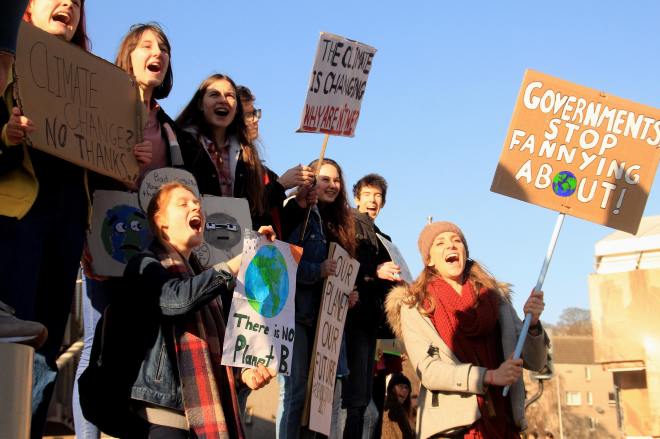
“Joining so many school children for the last Friday For Future School strike was very emotional.” said student and environmental activist Jo Becker, who attended one of the strikes in Edinburgh on Friday. ” Seeing these kids out of school to ask for a future made my heart ache. But also it was an extremely positive day. Seeing so many children from different age groups and backgrounds come together and taking the lead at a demonstration was truly empowering. Adults have a lot to learn from these passionate, brave youngsters – and we have to start listening to them if we want to ensure a safe future.”
The movement that led up to today’s protests began when Greta Thunberg, a 16-year-old student from Sweden who began protesting outside the Swedish parliament during her school hours over the effects of climate change. Since then she has gone on to become the face of the movement, and a prominent activist and voice within the environmental activism community.
Thunberg recently travelled to Davos to attend and speak at the World Economic Forum, where she told a panel “Some people, some companies, some decision makers in particular have known exactly what priceless values they have been sacrificing to continue making unimaginable amounts of money. I think many of you here today belong to that group of people.”
The youth who participate in today’s protests, and the protests that will inevitably happen more regularly from now on, are doing what needs to be done in terms of negating the effects of climate change: they are speaking truth to power.
These grassroots movements such as #SchoolStrike4Climate and the work of Extinction Rebellion is being mirrored in political parties across the world, from the UK’s Green Party, to the recent Green New Deal being proposed by American congresswoman Alexandra Ocasio-Cortez. These are not the ineffective climate secretaries we have seen in the past, these are, like the youth that follow and emulate them, people who are more than willing to make drastic change.
In the midst of the strikes being held in Australia after the highest seaside temperature ever in the Southern Hemisphere was recorded, high school student Imogen Viner said “Without activism, there’s no point in going to school, because there won’t be a future we want to live in.”
Traditionally, climate groups have been passive, nonpartisan; but that is not the case anymore. With the rise of political interaction within the younger generations, and the worsening degrees of ecological destruction, these groups are becoming more militant, more passionate, and more social-media savvy. They call out fossil fuel industries, corporate powerhouses, and climate change deniers to their face, and take no prisoners while doing so.
While some within the older generations may feel a sense of complacency and comfort, the younger generations can see the future that is being given to them, and quite frankly, they fear it. 12 years is the number they have been given, 12 years to alter the course of global history for the better. It’s a gargantuan task, and the weight of failure is something too dark to think about.
17 year old Rosie Smart-Knight, who participated in the strikes, wrote in an opinion piece “Even if the climate strike doesn’t prompt the change we need and demand, it has given so many young people across the country a chance to raise their voice and make it heard. This movement is allowing young people to realise they’re not alone, that others care about the climate, and are worried about the future. I will continue to raise awareness of the climate crisis, and I will continue to demand change”
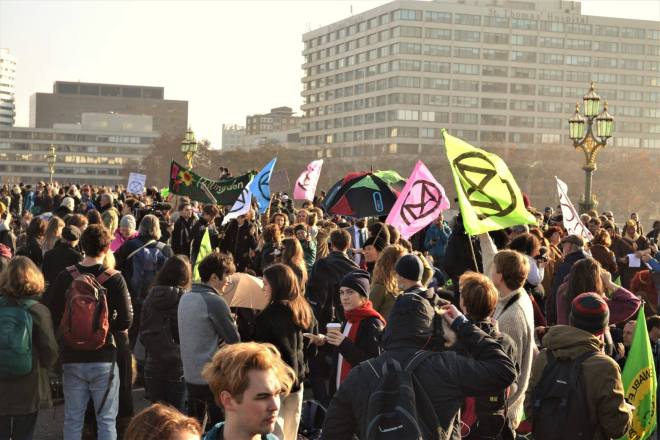
One hopes that the momentum of the growing climate activism movement, which consists of a myriad of groups across the world, does not falter. Guardian columnist George Monbiot writes that, for the movement to ultimately succeed, it needs a rigorous framework from which it acts from. Monbiot cites the need for a ‘narrative’, writing that it may go something like this:
“The world has been thrown into climate chaos, caused by fossil fuel companies, the billionaires who profit from them and the politicians they have bought. But we, the young heroes, will confront these oligarchs, using our moral authority to create a movement so big and politically dangerous that our governments are forced to shut down the fossil economy and restore the benign conditions in which humans and other species can thrive.”
In his piece, the writer also calls upon the movement to develop for itself a set of key tenets or ‘tangible objectives’, such as a date by which we operate a zero carbon economy, or a promise from the UK government to completely divest in fossil fuels. “This ensures that the activists, rather than the government, keep setting the agenda.”
More strength within the movement will come from proper training, communication, and a strong defence against divisive political intent. Already the School Strike and Thunberg are being targeted by rumours, criticism, and misinformation. They also need to be prepared for the passion-draining effect of emotional despair. Already groups have sprang up on Facebook designed to assuage the effects of climate-based depression or anxiety, with one being aptly-named ‘UK climate grief & eco anxiety hub for academics and concerned citizens‘.
It is clear that while politics and bureaucracy have an important part to play, they will not be enough without the firebrand and emotive voices and actions of the younger generations all over the world, for it is those generations that shall eventually take on ownership of this world. They do not want to be left a barren wasteland, they do not deserve such a poor legacy to inherit.
We need the youth because they are not deeply entrenched within the ideologies of a world which is slowly breaking apart through it’s own devices.

